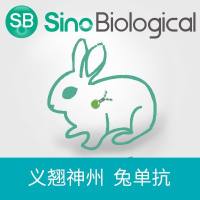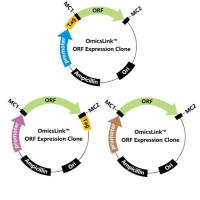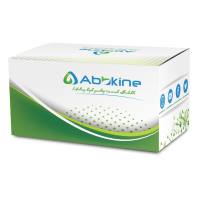Monitoring Blood for CD34+ Cells to Determine Timing of Hematopoietic Progenitor Cells Apheresis
互联网
574
Hematopoietic Progenitor Cell (HPC) Apheresis generally results in a mononuclear cell product that is highly enriched for hematopoietic stem and progenitor cells when performed on autologous patients in whom autologous stem cell transplant is planned who have been mobilized with cytotoxic chemotherapy and exogenous hematopoietic growth factors (cytokines) and possibly CXCR4 antagonists. Alternatively, patients scheduled for autologous transplants may be mobilized with cytokines only or a combination of cytokines and CXCR4 antagonists. Allogeneic Donors, either matched related donors (MRD) or matched unrelated donors (MUD), are typically mobilized with cytokines only. The HPC Apheresis product, enriched for hematopoietic progenitor cells collected from the patient/donor’s peripheral blood via an apheresis system, is used for restoring hematopoiesis in the patient/recipient who has received myeloablative therapy. Timing of the collection of an HPC Apheresis product from allogeneic donors is based on the schedule of the recipient’s myeloablative regime. However, the optimal timing of collection on HPC Apheresis product from a patient scheduled for an autologous stem cell transplant can be complex.









